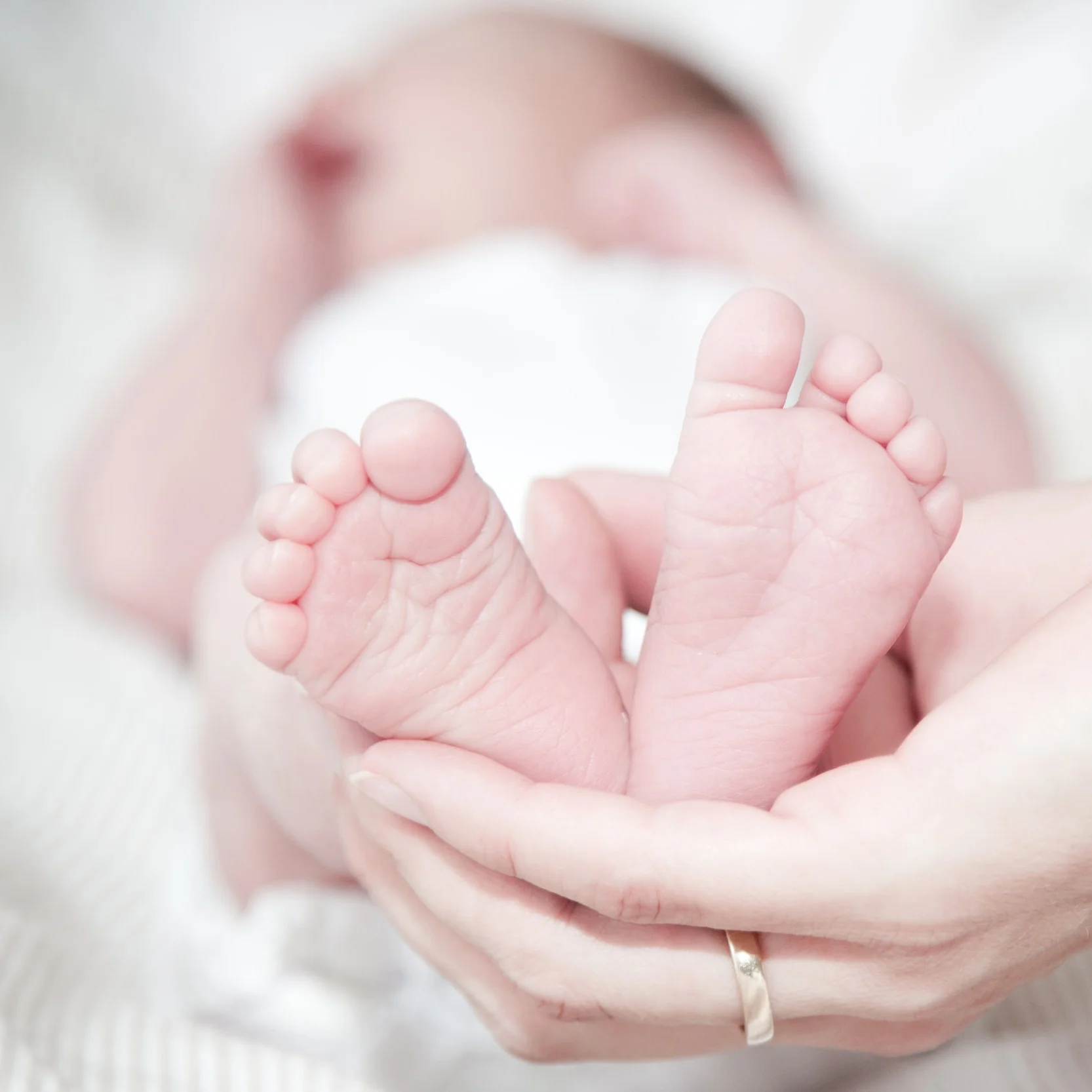If you think you are struggling with symptoms of prenatal depression, please know that there is hope and help! Counseling treatment has been shown to reduce prenatal depression symptoms and prevent the development of postpartum depression following the birth of a child. Counseling can allow you navigate your feelings and expectations around becoming a parent, help create a healthy and supportive environment for your child, allow you to develop coping skills for stress and anxiety, and manage stress and relational conflicts.
Read MoreHaving a baby in the NICU (Neonatal Intensive Care Unit) is not how we typically envision motherhood beginning, it is not part of the plan. All of the emotions you experience in the NICU (grief, guilt, anger, anxiety, and depression) are normal and appropriate responses to traumatic events, they are not signs of weakness! While these reactions are a normal part of the adjustment process, it is important to recognize if they become a problem and reach out for help.
Read MoreEvery birthing is unique and for some women, their birth experience can be deeply troubling and even cause post traumatic stress disorder (PTSD). To an outsider, some births may seem very difficult and traumatic, while the mother may not have experienced it that way. The opposite can be true as well, some mother's may feel that their birth experience was traumatizing (for a variety of reasons) when it might be considered "normal" by medical professionals.
Read MoreWorrying as a mother is a natural instinct! In fact, it is often shrugged off as normal by many health care providers because everyone expects new noms to experience heightened fears or anxiety to some extent. But when it begins to feel crippling, excessive, or even toxic, this type of intrusive new mom worry can be a sign of postpartum anxiety.
Read MoreWorry work or carrying the emotional load... both terms describe a constant, thrumming, low-level anxiety over the health and well-being of your children, and according to researchers, women tend to do more of the worry work than men do. It’s an endless list of organizational tasks that runs through your head like ticker tape: we’re out of milk, when do we need to apply for preschool, is the baby outgrowing her onesies, can't forget to schedule that doctor's appointment, are the kid's lunches packed for tomorrow...
Read MoreTo some degree, we are all creatures of habit... we organize our lives in a predictable, well thought out pattern, we enjoy being comfortable, we like knowing what is coming next. But what happens when life throws you a curve ball, when the circumstances of our life sudden shift underneath our feet, when we are forced to change?
Read More





